 |
|
||||||
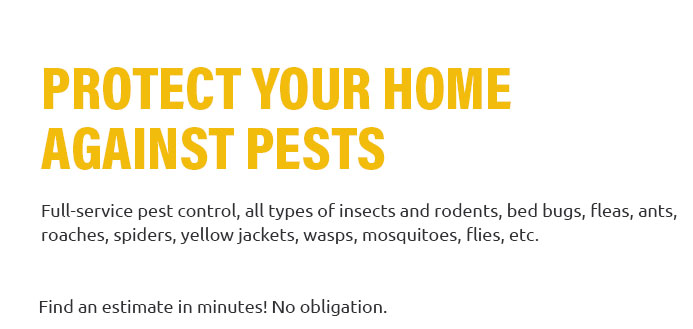 |
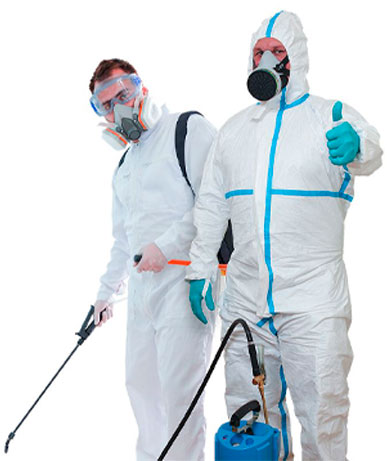 |
 |
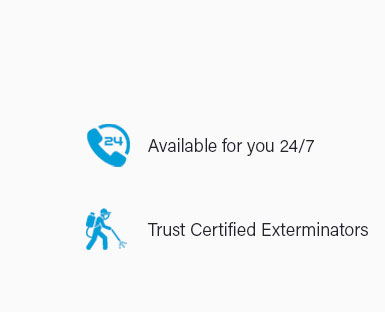 |
 |
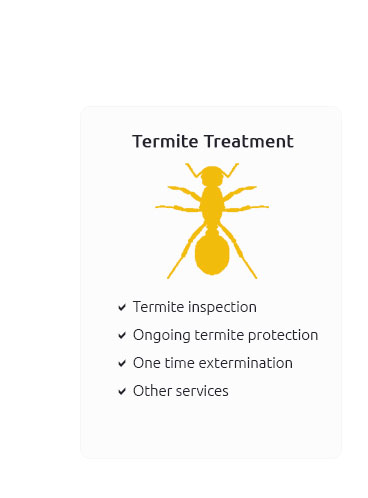 |
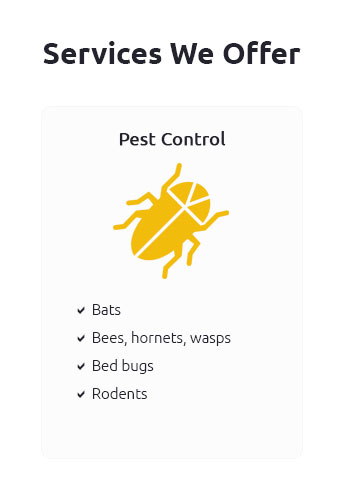 |
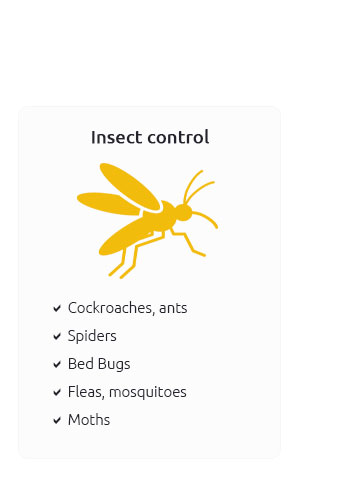 |
 |
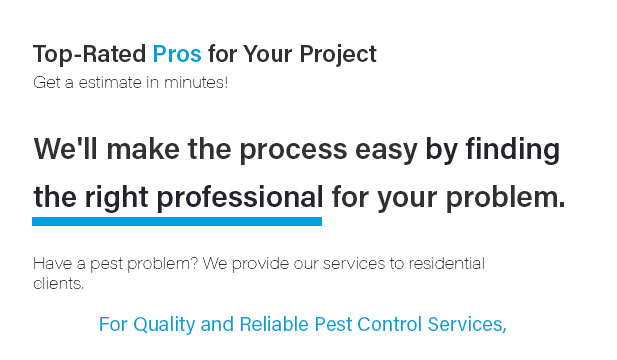 |
 |
 |
 |
|
Say goodbye to sleepless nights and chewed-up wires, because our elite pest control service specializes in rat control that doesn’t just manage the problem-it eliminates it at its core with cutting-edge technology and a team of seasoned experts who understand these cunning creatures like no one else; we don’t just set traps, we create barriers, ensuring your home becomes an impenetrable fortress against these relentless invaders, all while providing you with peace of mind, knowing that you have the ultimate defense on your side, so why settle for temporary fixes when you can have a permanent solution that restores your sanctuary to its rightful, rodent-free state?
https://www.parkerecopestcontrol.com/rats-mice/
How we control rats and mice naturally - Consider an owl box. - Keep clutter and garbage to a minimum. - Keeping a foot wide perimeter around your home clear of ... https://seattlerodentguy.com/
I specialize in expert rodent control services with a focus on rats and mice. With a solid background and unwavering dedication, I have been proudly offering a ... https://www.cascadepest.com/
Cascade Pest Control - safe pest control for rats, rodents, ants, spiders, wasp, and any pests in the Seattle, WA region. 888-989-8979.
|



